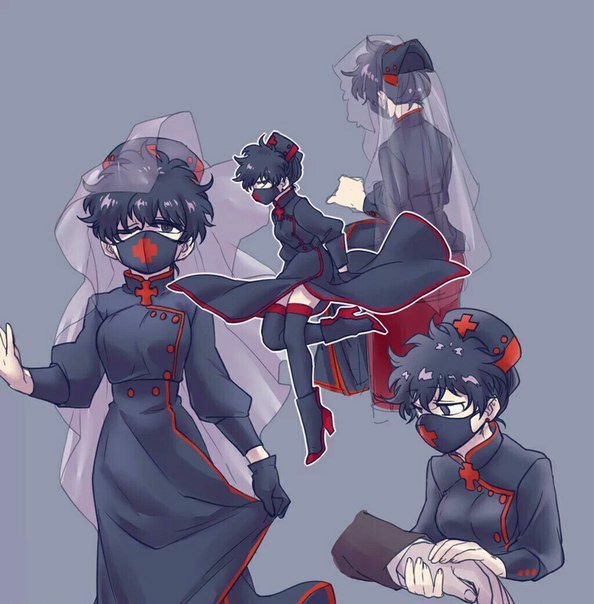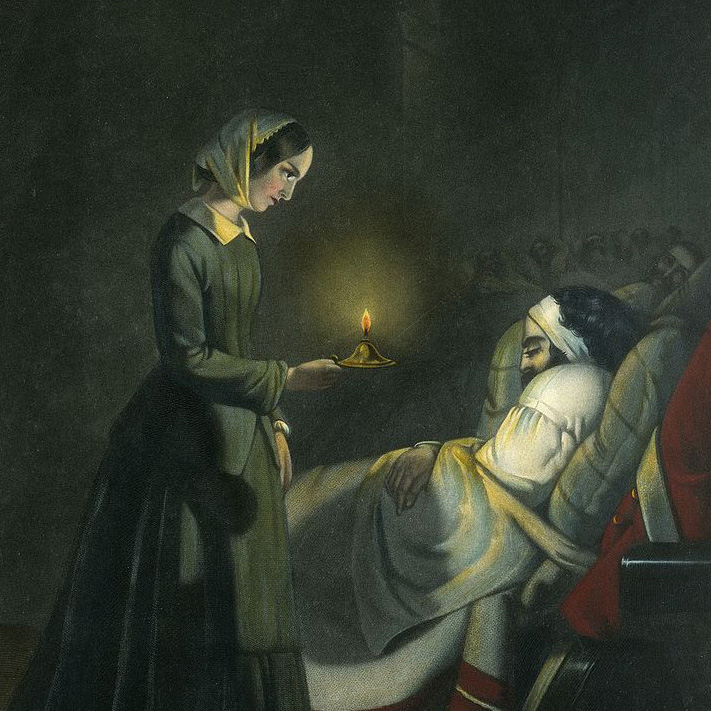
It’s a book that should be taught alongside “The Book Thief” and “Anne Frank” (though to college-aged students rather than children) to show that women were just as important to the war as their male counterparts. However, all of these tragedies make the book feel real. Starving people and horrible brutalities. There are brutal executions and the loss of children. This book should come with a trigger warning-dozens of them, actually-but knowing that it is centered around WWII, the mature themes are expected. Following Isabelle on her journey of rebellion and life-saving actions felt heroic, but it also felt reckless.Įvery option felt impossible, and no matter what was chosen, there would be consequences. Following Vianne and her desire to remain hidden and unseen for the sake of her family felt wrong, but it also felt like the best choice to keep her children safe. It transports the reader into impossible situations.

It was so powerful to hear the ways that the women suffered from their battles within the war. The different angle on WWII is one that I haven’t seen before and one that history books don’t outline. The thoughts and inner monologue of each character are so powerful-so uniquely theirs-that I never found myself lost or wondering about the perspective. Dame Vera Lynn, DBE (born Vera Margaret Welch on 20 March 1917) is an English singer and actress whose musical recordings and performances were enormously po. Going from the viewpoint of Vianne to Isabelle, and then back to the old lady looking back on the war, questions arise and go unanswered for so long that I found myself entirely enveloped in the novel. The thing that I loved most about this book was the perspective. The novel ties every theme and idea together in a precise and agonizing bow. Once I got involved with the novel, the slow start became an agonizingly slow burn that kept me on the edge of my seat wide-eyed and gaping. So slow that I nearly put it down and chose another book to start reading. They may not have been on the front lines, but in “The Nightingale,” they fought on battlegrounds just as detrimental. Through courage and loss, Hannah shows how women made a difference in World War II, despite the history books leaving out their involvement. Life becomes a constant battle for survival as Vianne and Isabelle take different paths through their lives, doing what they can to live through the grave and impossible conditions within France during Hitler’s reign. She can’t keep her mouth shut, and she refuses to tolerate what she doesn’t believe is right.

Isabelle, Vianne’s sister, is rebellious and crude. In 1939 France, Vianne Mariac must bid farewell to her husband as he and all able-bodied men leave for the war. In “The Nightingale,” the story of the women left behind during the war is uncovered-the story that nobody considers. Of all the historical fiction novels I’ve encountered about World War II, I’ve never found one quite so encompassing and powerful as this.

“If I have learned anything in this long life of mine, it is this: in love we find out who we want to be in war we find out who we are.”


 0 kommentar(er)
0 kommentar(er)
